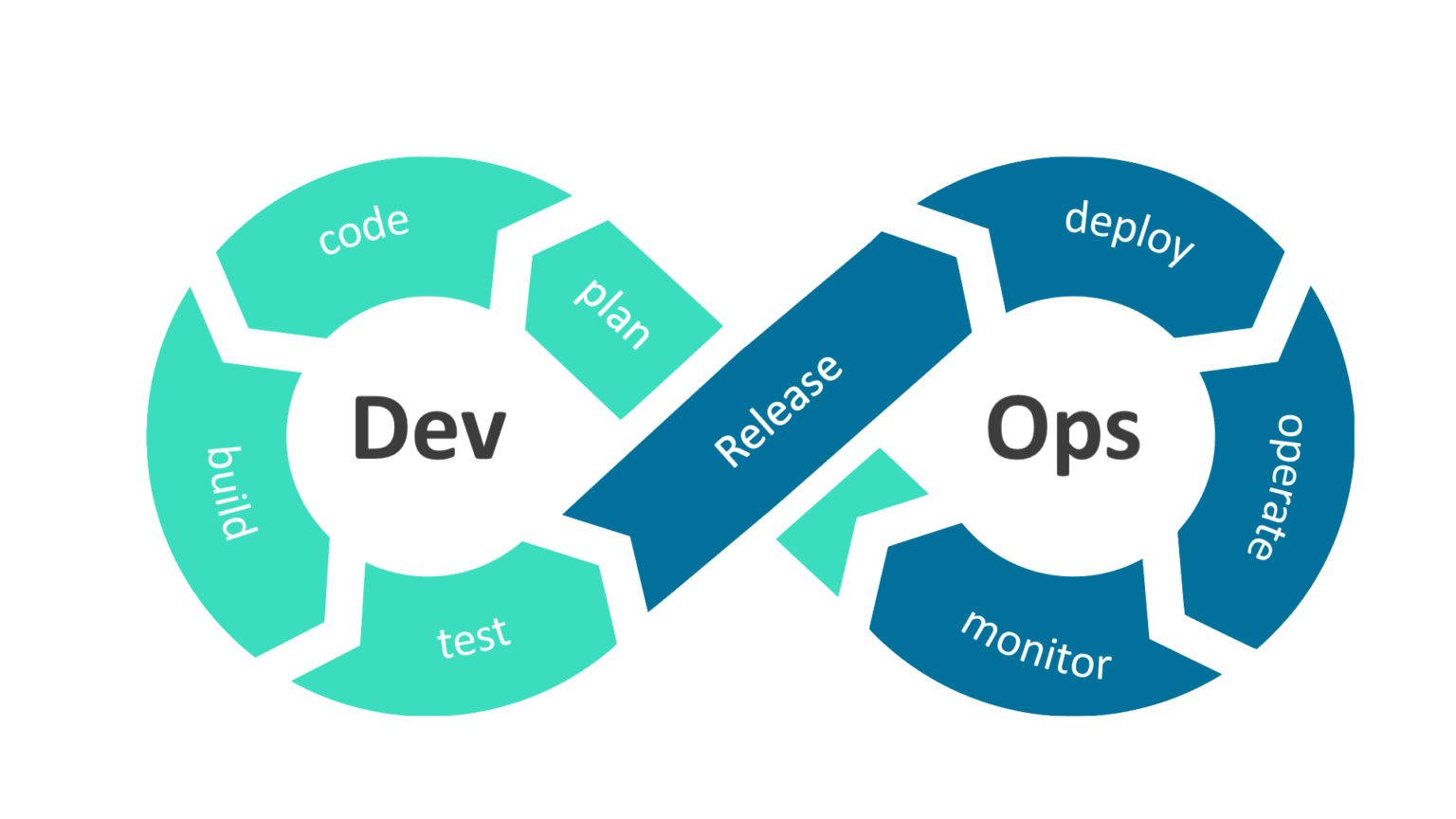How would you explain DevOps to a kid?
Let's see...
Assume that you are building a toy tower with the help of some lego blocks. And you have a friend who ensures the tower stays strong and doesn't fall down. While on the other hand, you are an expert in building the lego tower.
Now does it make sense if you two don't talk to each other and keep building the tower? It may collapse if your friend doesn't know the whereabouts of your infrastructure to keep the maintenance going. This is where it starts getting fussy.
You may not have enough blocks to complete your tower at some point. Or your friend needs to give you some feedback on how it could have been better. But there is no communication between you two.
This is where DevOps comes in...
DevOps is like having some people who are good at putting the blocks together, and other people who are good at maintaining them, but instead of building a tower, they're building a computer program. They work together closely to make sure everything goes smoothly, like the blocks fitting together perfectly, so the program works the way it should.
Understanding in technical terms...

DevOps was born out of the need to address the challenges faced by software development and IT operations teams in the traditional software development process.
The traditional process was characterized by "working as separate entities with separate visions, goals and responsibilities", where development and operations teams worked independently of each other. This led to a slow and inefficient process, with a lack of collaboration and communication between teams.
As software development became more complex, with the need for faster and more frequent releases, this traditional process was no longer sufficient. There was a growing need for a new approach that would enable teams to work together more effectively and efficiently while delivering high-quality software products at a faster pace.
This is where DevOps comes in. DevOps is a set of practices that emphasizes collaboration and communication between software developers and IT operations teams. It aims to break down the barriers between these two teams and create a more integrated and efficient workflow.
By adopting DevOps practices, teams can automate the software development process, enabling faster and more frequent releases. This automation also helps to reduce errors and improve the quality of the software. DevOps also emphasizes continuous testing and monitoring, which allows teams to detect and resolve issues quickly.
This was a brief knowledge of what DevOps is. In the forthcoming blogs, we will be diving deeper into the DevOps ecosystem and how to get started with it.
